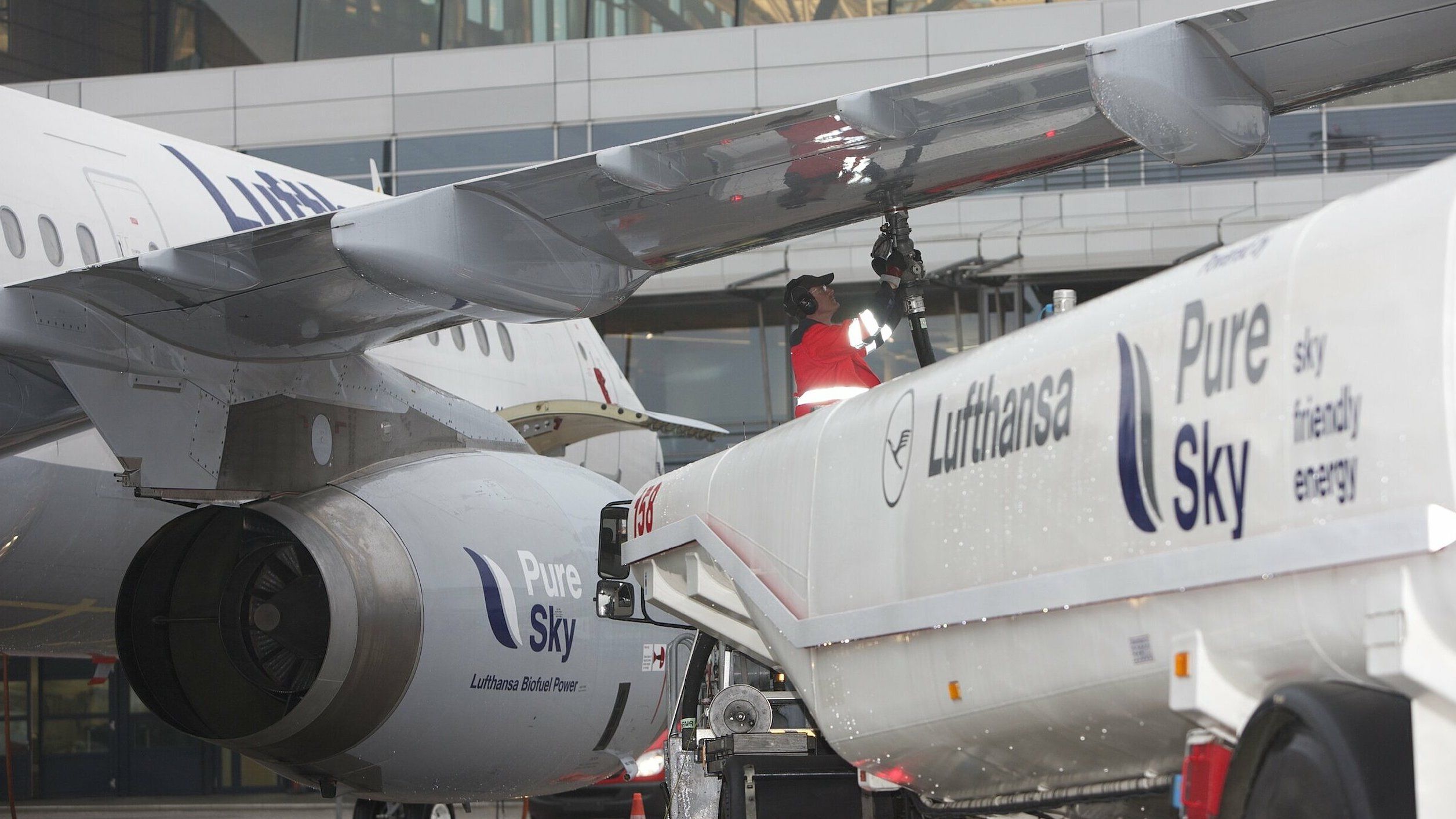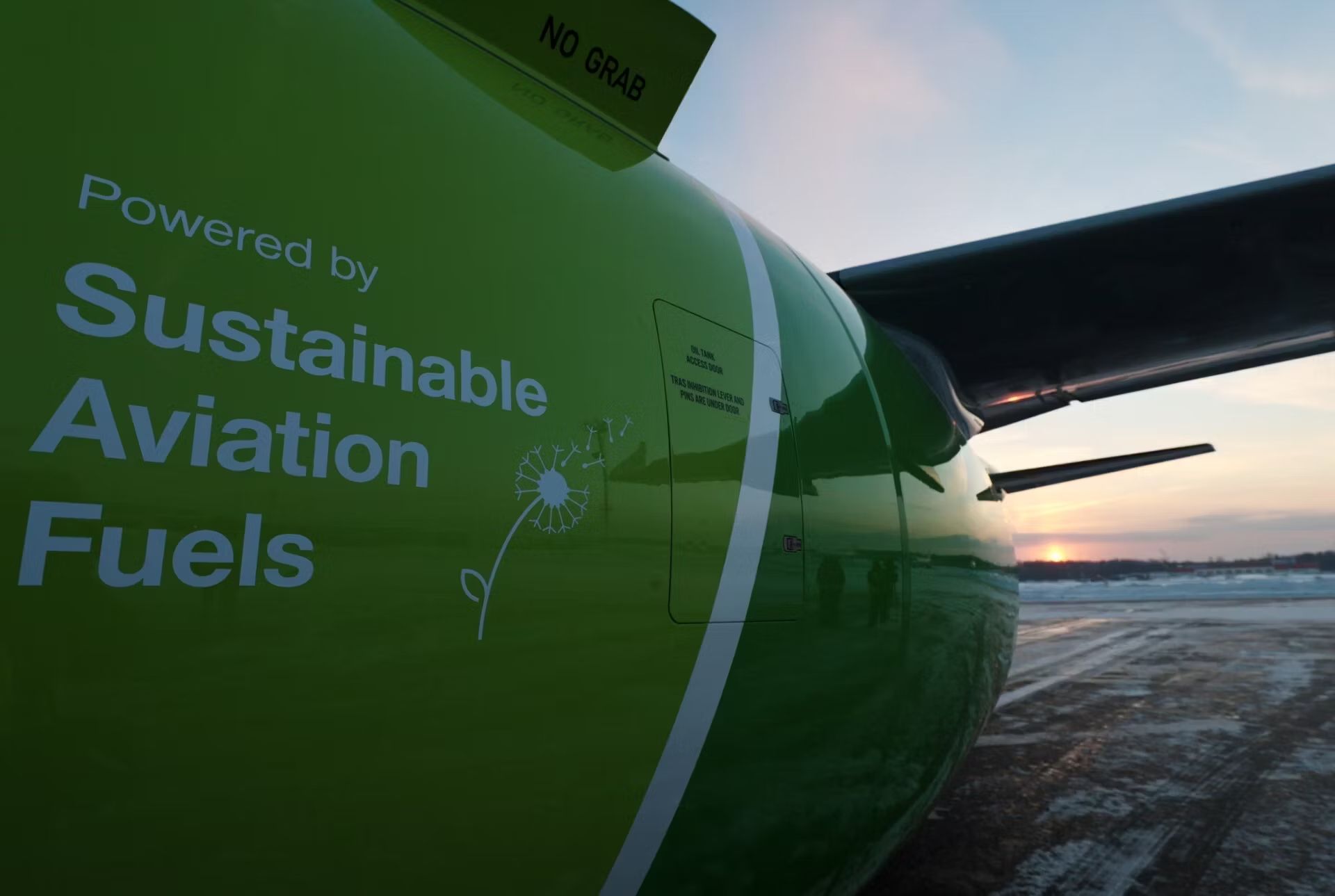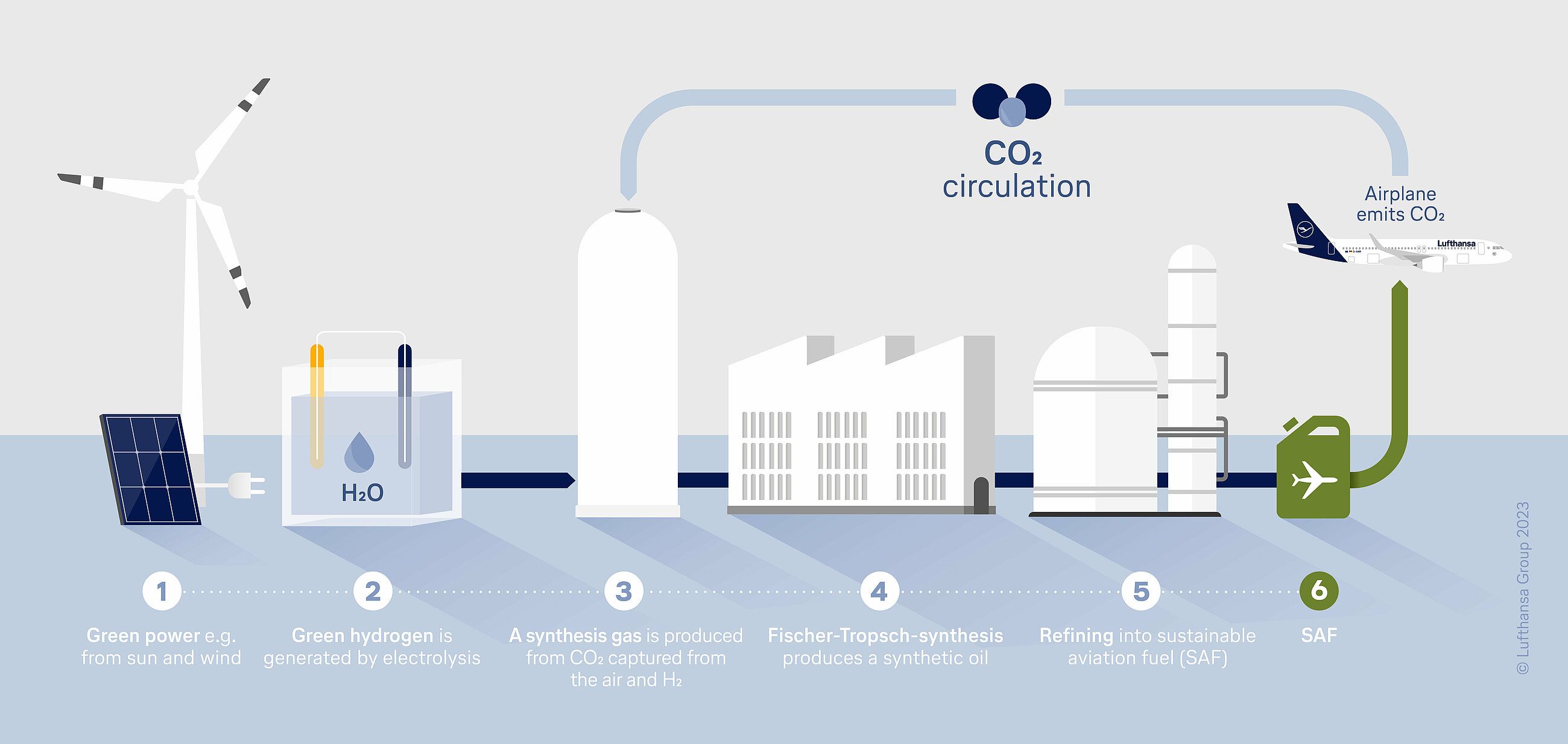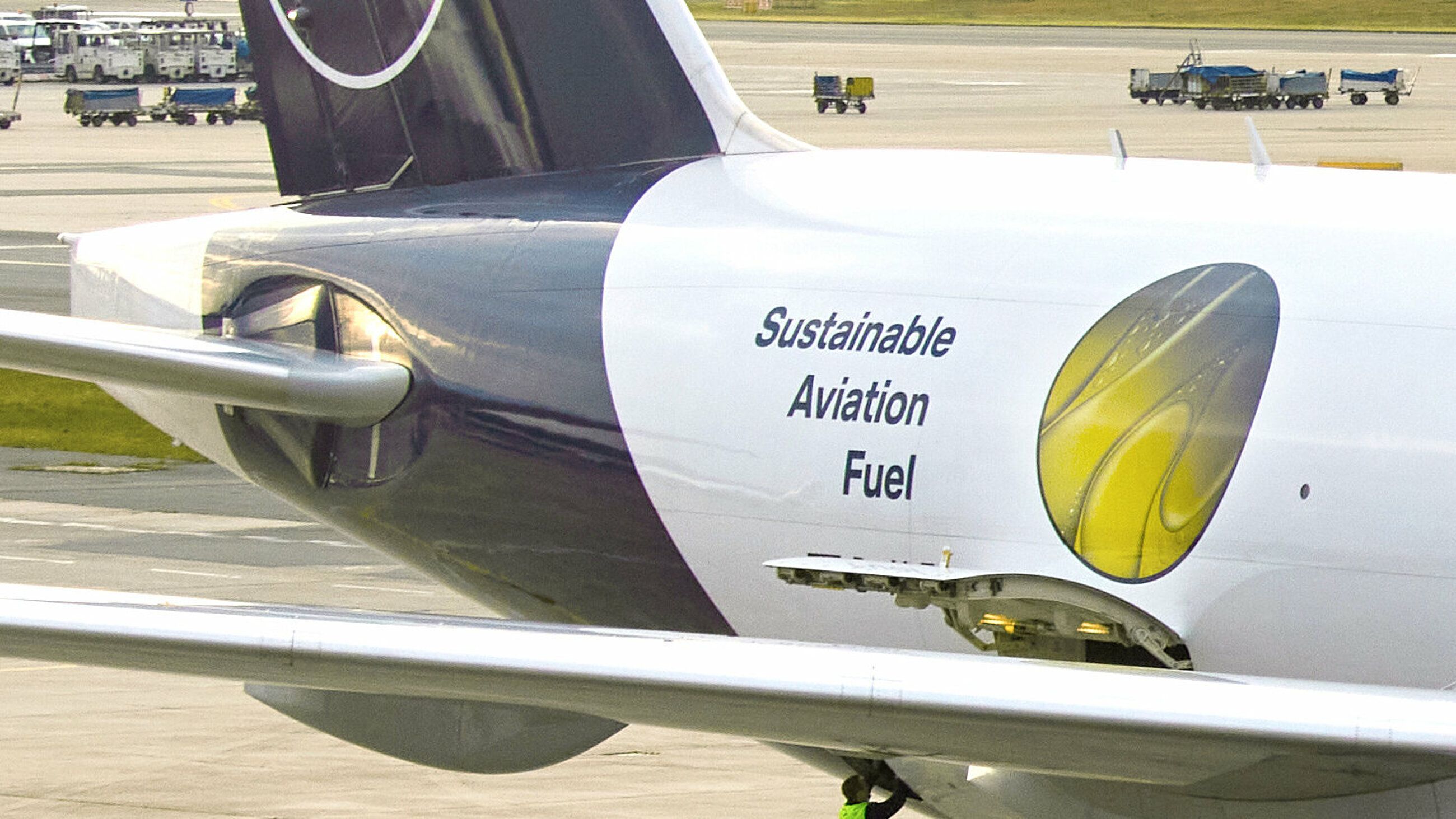Summary
- Transitioning to sustainable aviation fuels (SAF) will require a significant amount of electricity, posing logistical and cost challenges for the industry.
- SAF is the best available technique to reduce the aviation industry’s carbon footprint, especially for long-haul travel.
- Mandating SAF usage may lead to higher ticket prices for consumers, making it important for passengers to weigh the cost against the environmental benefits.
At an aviation conference on Monday, Lufthansa’s Chief Executive Officer Carsten Spohr indicated that in order to fully transition to sustainable fuels, nearly half of Germany’s electricity would be required for the production process. Unsurprisingly, this statement came as a major concern to those in the industry, specifically those who had hoped that SAF could help significantly reduce aviation’s carbon footprint in the long term.
In this statement, Spohr calls out two key challenges that SAF will have to face before helping the industry fully decarbonize in the long run. First, the electricity needed to produce SAF will require an immense amount of energy, posing a significant logistical hurdle. Additionally, this energy will prove very expensive, and without regulation, economics within the industry will likely not allow for its widespread adoption.
The best hope aviation currently has
While SAF is obviously not a perfect solution, it is significantly better than the majority of other decarbonization techniques currently available. For regional flights, trains, and electric aircraft may eventually prove the solution, but for long-haul travel, SAF is the best technique available to reduce the industry’s carbon footprint in the next decade.
However, the challenge between decarbonization and higher fuel prices is one that airline strategy teams have struggled to balance. Even Lufthansa, an industry leader in SAF adoption, only uses 0.2% sustainable fuels across its entire fleet. In terms of all global aviation operations, only 0.1% of fuels, on average, are SAF.
Photo: Lufthansa Group
One solution many have proposed is to mandate SAF usage for airlines, which the European Union has attempted to do with its SAF blending mandates. However, industry leaders have pushed back, indicating that such regulations would only lead to higher ticket prices on the consumer’s side. In a press briefing earlier in the month, Reuters reported the following statement from Lufthansa’s CEO Spohr:
“From today’s point of view, it won’t work to have even the availability of the quantities that are demanded of us, not to mention the high costs that in the end the passenger will have to bear.”
In the near future
While it can be challenging to understand why carriers wouldn’t incur more costs to reduce their carbon footprint, the profit-maximizing nature of the commercial market simply does not operate in that manner. Therefore, in the end, airlines will always end up passing along higher fuel costs to the passenger. Thus, eventually, the burden will fall on passengers to determine whether or not higher ticket prices are worth the decrease in carbon output.
Photo: Lufthansa Group
However, SAF production is yet to truly scale, and we are significantly far off from it accounting for even 10% of total fuels used worldwide. In a statement to Forbes, Lufthansa said the following:
“The use of SAF is still at the beginning of market scaling, and the supply volumes available today and the share of SAF in the Lufthansa Group’s total fuel consumption are correspondingly small. The Lufthansa Group does everything in its power to reduce the environmental impact of flying.”




